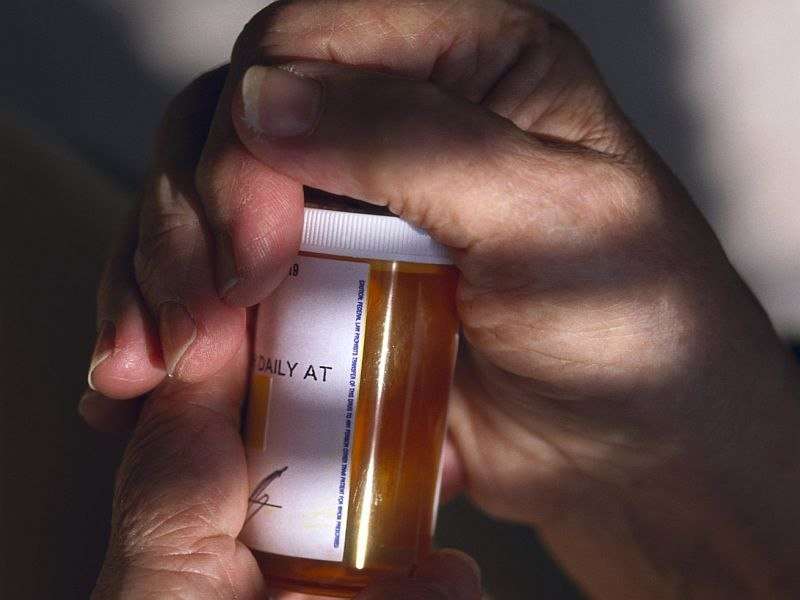Increase seen in gabapentinoid use from 2002 to 2015

(HealthDay)—From 2002 to 2015 there was a substantial increase in gabapentinoid use, according to a research letter published online Jan. 2 in JAMA Internal Medicine.
Michael E. Johansen, M.D., from Grant Family Medicine, OhioHealth, in Columbus, characterized the use of gabapentinoids among adults using data from the 2002 to 2015 Medical Expenditure Panel Survey. Data were included for 346,177 individuals.
Johansen noted an increase in the percentage of individuals who used gabapentin and/or pregabalin from 1.2 percent in 2002 to 3.9 percent in 2015 (odds ratio [OR] per year for trend, 1.1; 95 percent confidence interval [CI], 1.09 to 1.11; P < 0.001). The predominantly used medication in the class was gabapentin, accounting for 82.6 percent of individuals. Gabapentin use did not increase before 2008 (OR per year, 1.02; 95 percent CI, 0.98 to 1.05; P = 0.39 for trend), but its use increased thereafter (OR, 1.12; 95 percent CI, 1.1 to 1.15; P < 0.001 for trend). There was a plateau in use of pregabalin in 2008, with no increase after 2008 (OR per year, 0.99; 95 percent CI, 0.95 to 1.03; P = 0.47 for trend).
"The use of medications from the class was not evenly distributed through the population but concentrated among individuals who were older with numerous comorbidities and/or had numerous opioid prescriptions and/or had a benzodiazepine prescription," Johansen writes.
More information: Abstract/Full Text (subscription or payment may be required)
Copyright © 2017 HealthDay. All rights reserved.



















